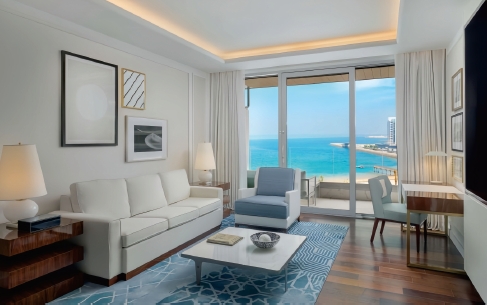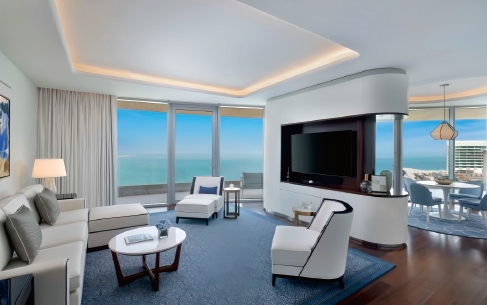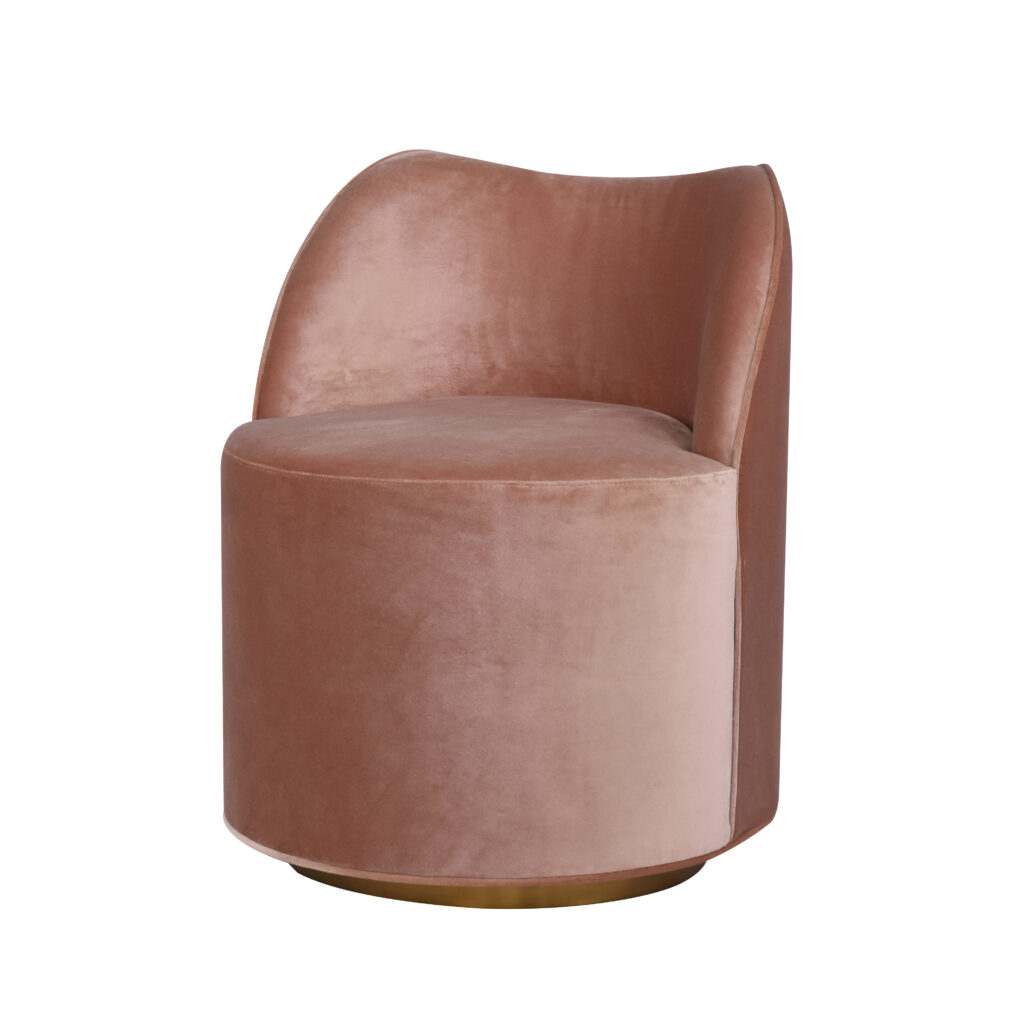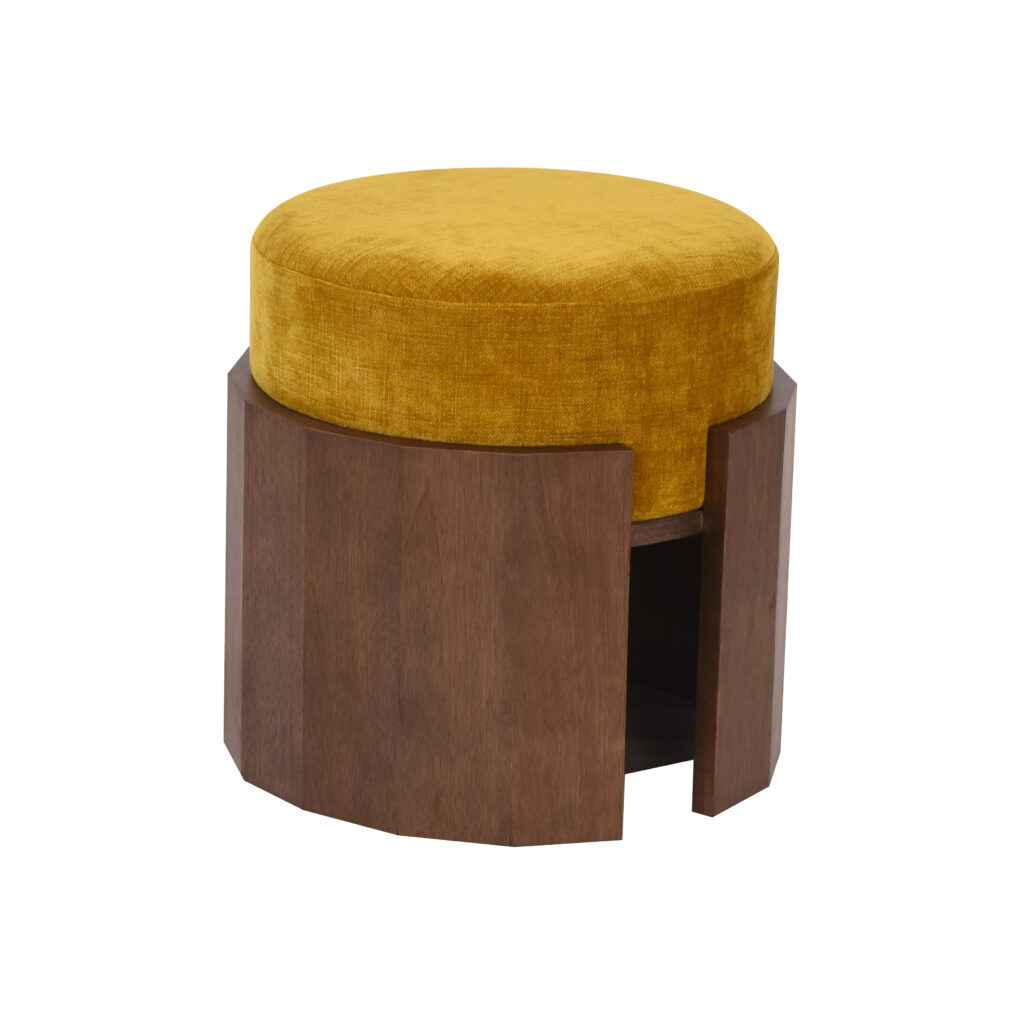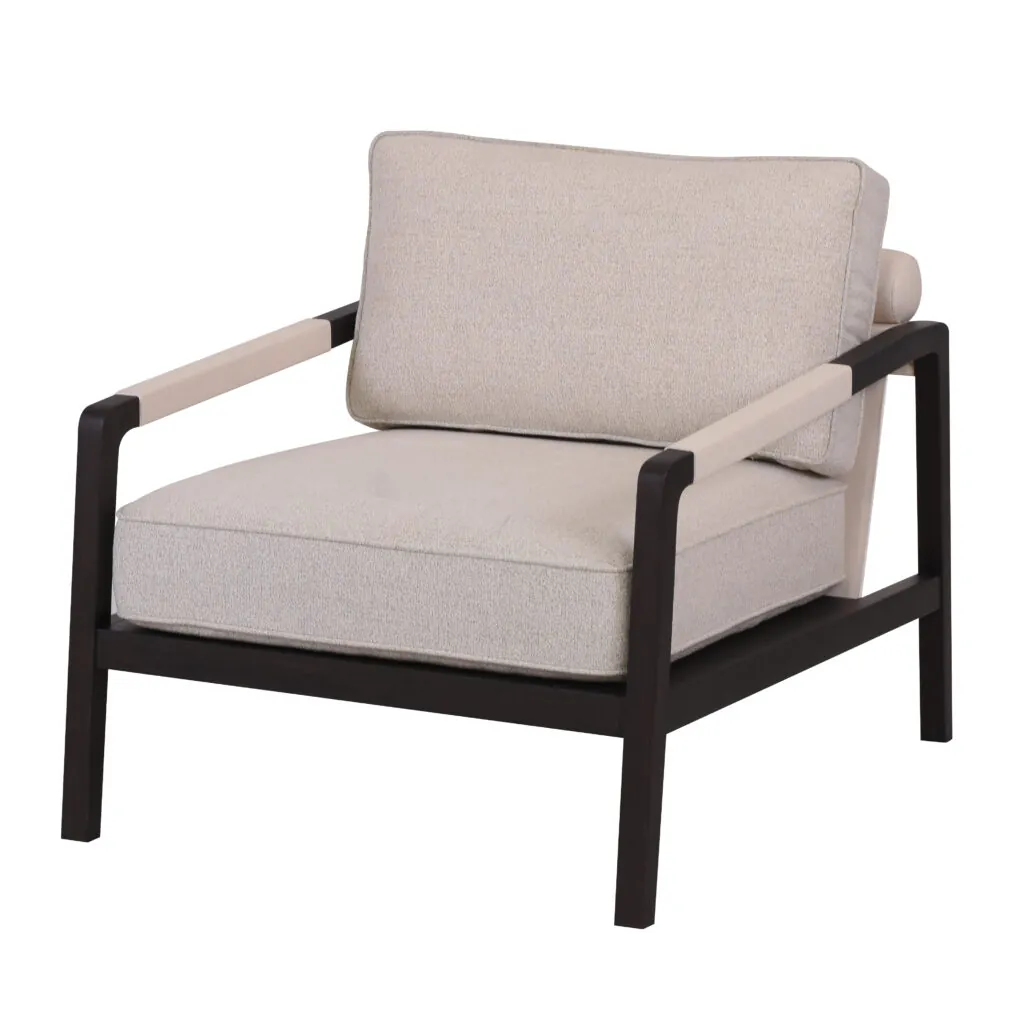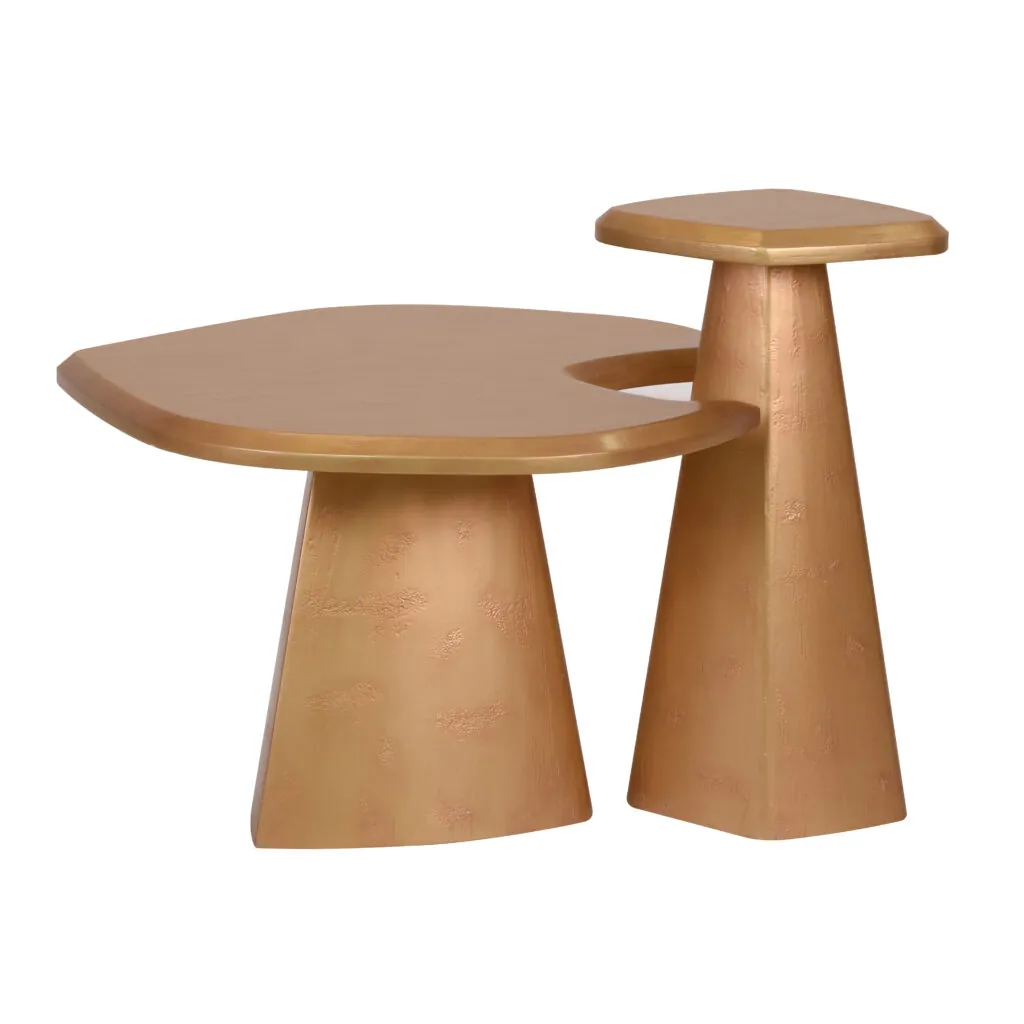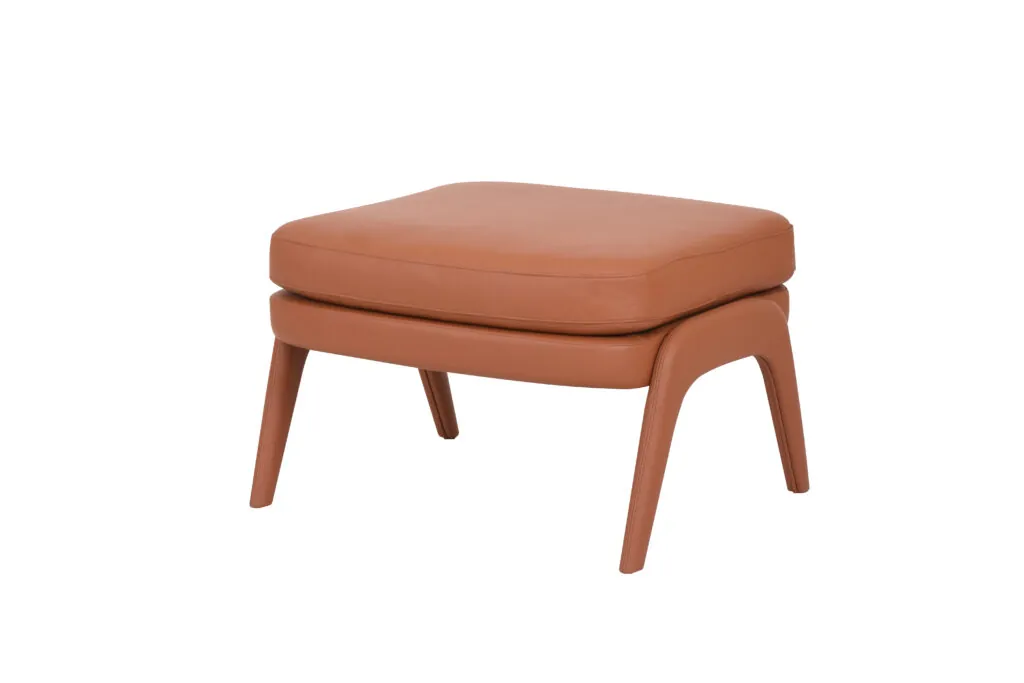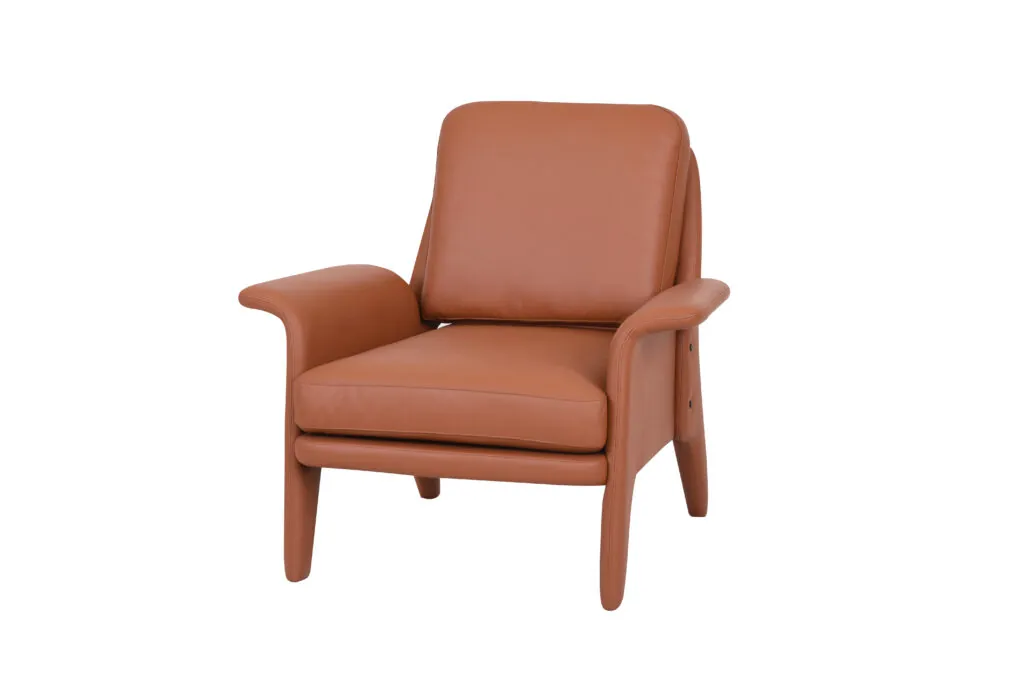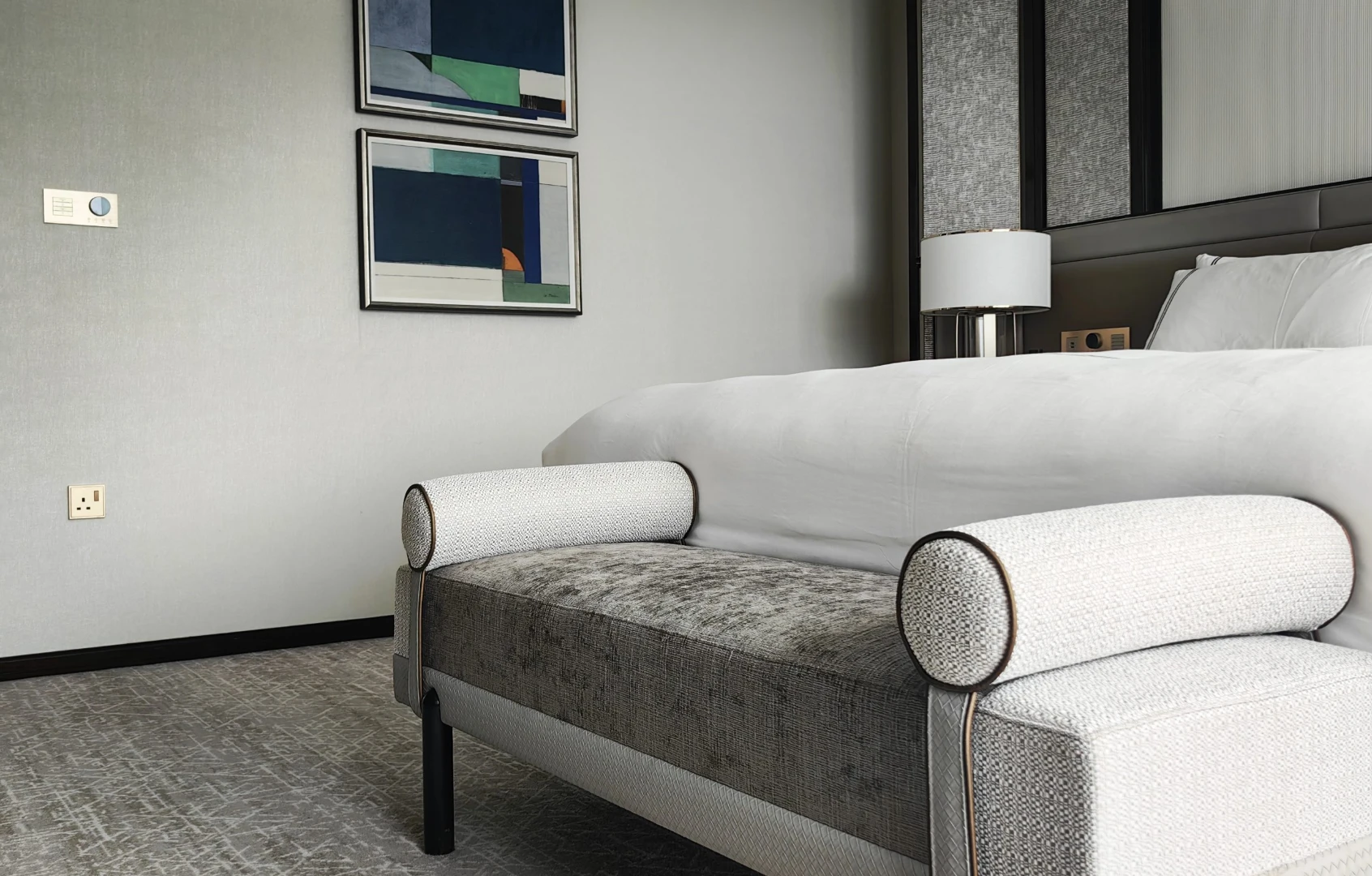
Location
Constantia, Cape Town, Sud Africa
Year
2025/02/10
Business Unit
Malan Vorster Architecture Interior Design
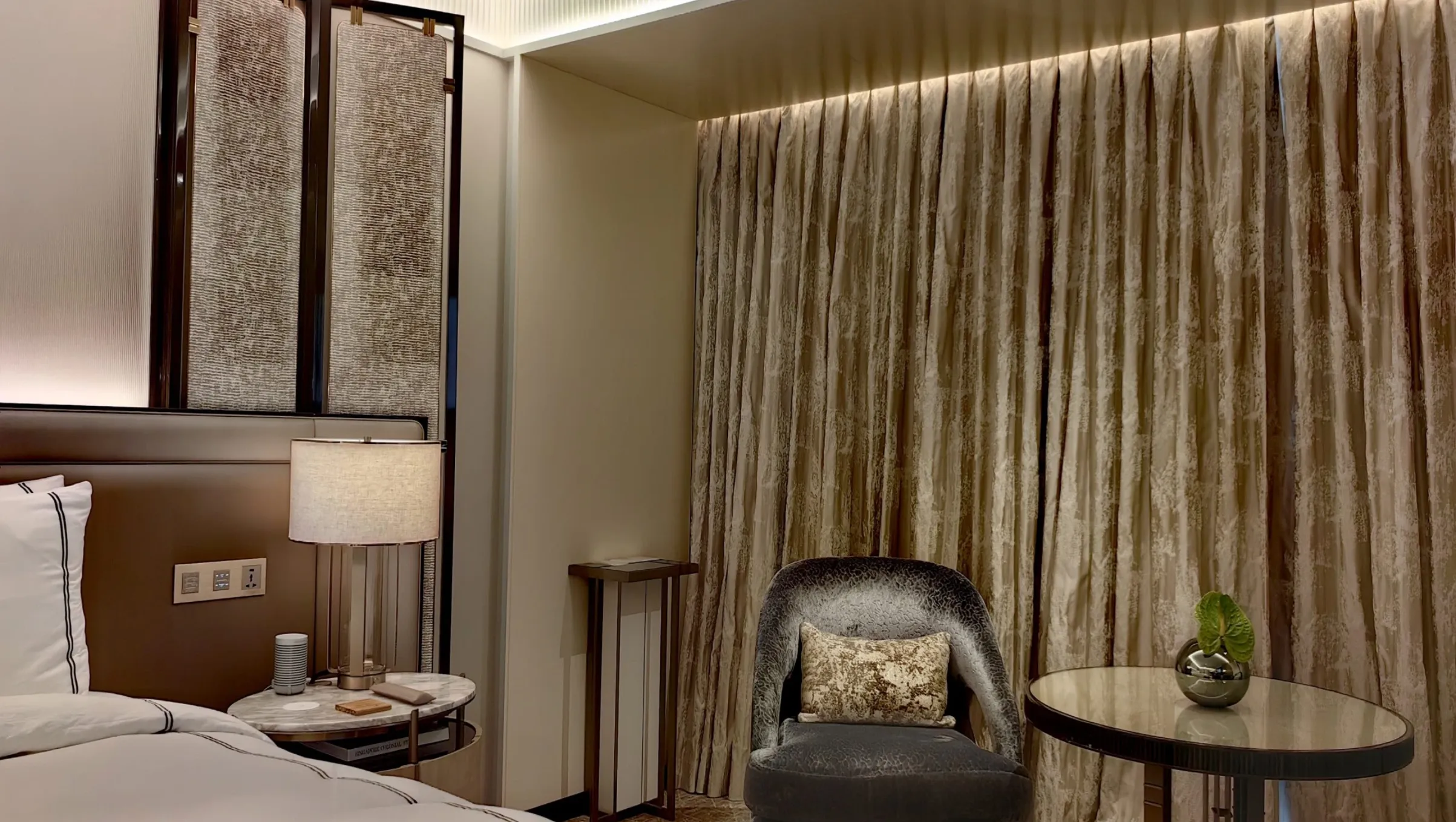
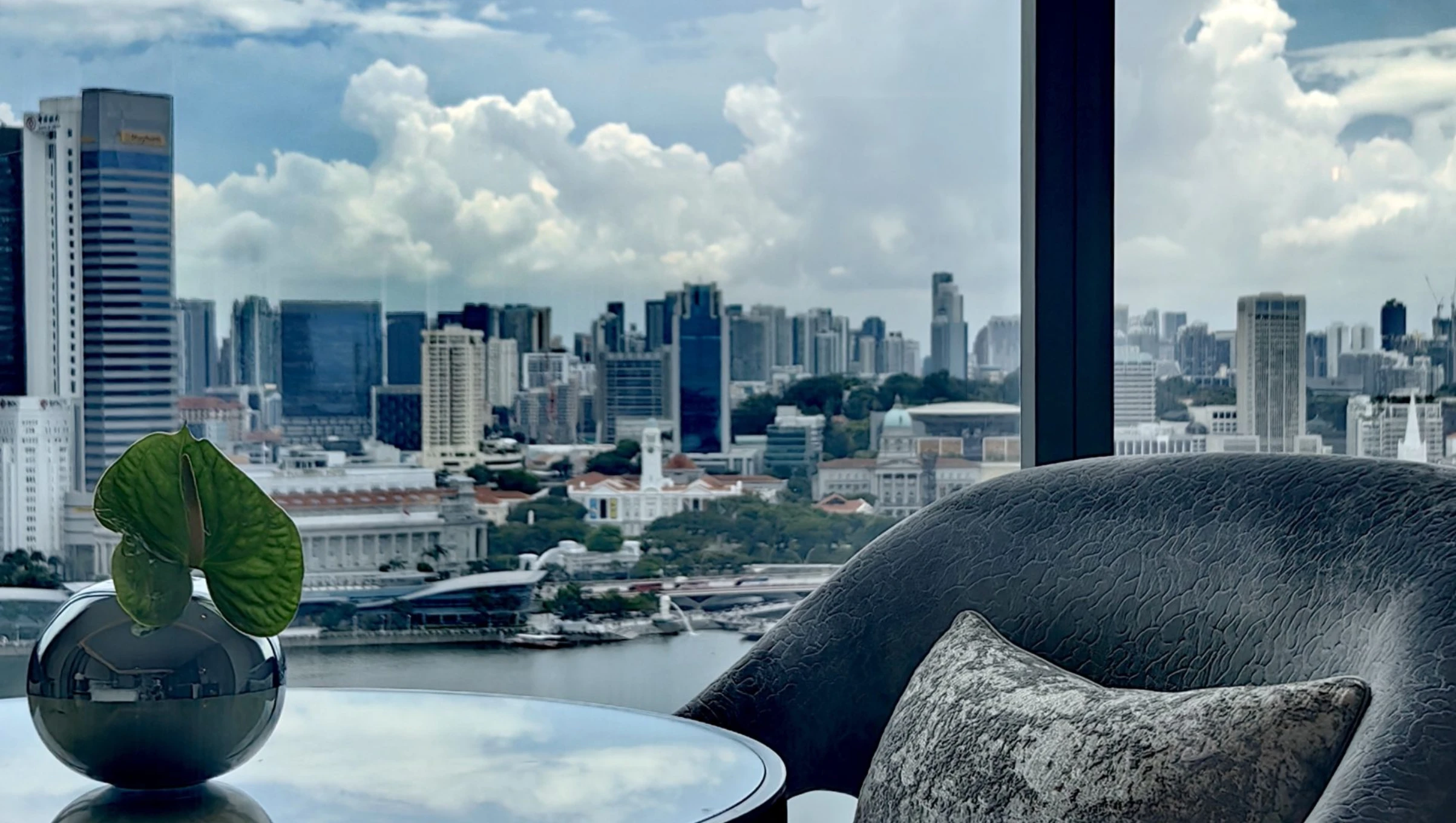
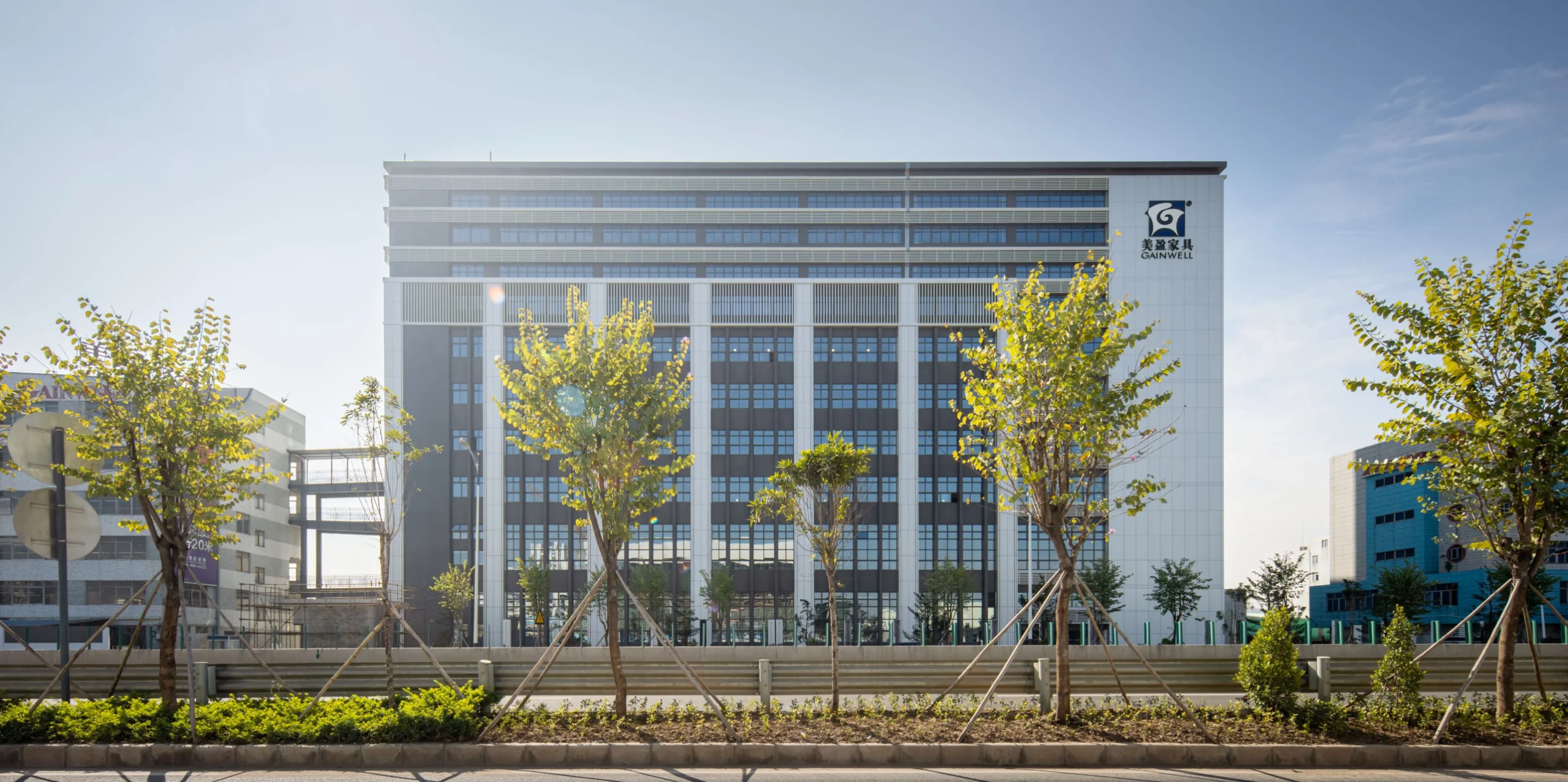
Everything You Need to Know About Hospitality Interior Design
Hospitality interior design is a specialized field within interior design that focuses on the creation and enhancement of spaces within hotels, restaurants, resorts, and other hospitality environments. This type of design goes beyond mere aesthetics; it combines functionality, comfort, and brand identity to create an inviting atmosphere that meets the needs and expectations of guests.
Whether it’s the luxurious lobby of a five-star hotel, the cozy ambiance of a boutique inn, or the sleek design of a modern restaurant, hospitality interior design plays an important role in shaping the guest experience.
Table of Contents
ToggleThe Importance of Hospitality Interior Design
Understanding the importance of well-executed hospitality interior design is crucial for creating environments that not only meet but exceed guest expectations.
Enhance Guest Experience and Satisfaction
One of the primary goals of hospitality interior design is to enhance the overall guest experience. A well-designed space can make guests feel welcome, comfortable, and pampered. This begins from the moment they walk into the lobby and extends to every corner of the hotel, including the rooms, restaurants, and even the hallways. When guests are comfortable and pleased with their surroundings, they are more likely to enjoy their stay and leave with positive memories.
Impact on Customer Perception and Loyalty
First impressions matter, especially in the hospitality industry. The design of a hotel or restaurant significantly impacts how customers perceive the brand. A stylish, well-thought-out design can convey a sense of quality, professionalism, and attention to detail, which in turn fosters customer trust and loyalty. Guests who have a positive experience are more likely to return and recommend the establishment to others, driving repeat business.
Reflecting Brand Identity and Values
Hospitality interior design is also a powerful tool for communicating a brand’s identity and values. Whether a hotel aims to project luxury, sustainability, or cultural authenticity, the design choices made will reflect and reinforce these values. For example, a luxury hotel might use high-end materials like marble and crystal, while an eco-friendly resort might incorporate sustainable materials like reclaimed wood and natural fibers. Consistent design language helps build a strong brand image that resonates with the target audience.
Increase Revenue and Repeat Business
Ultimately, effective hospitality interior design can lead to increased revenue. By creating spaces that attract and retain guests, businesses can boost occupancy rates, increase customer spending on services and amenities, and encourage repeat visits. Moreover, a distinctive and memorable design can become a selling point in marketing efforts, attracting a broader clientele and setting the establishment apart from competitors.
Key Elements of Successful Hospitality Interior Design
Creating a memorable and functional hospitality space requires careful attention to several key elements. From space planning to furniture selection, each aspect is crucial in crafting a space that is both aesthetically pleasing and highly functional. Below are the essential components that contribute to successful hotel interior design.
Space Planning
Space planning is the basis of any successful interior design project. In hospitality design, it involves strategically arranging furniture, fixtures, and equipment to optimize the flow of movement, enhance functionality, and ensure the comfort and safety of guests. Effective space planning takes into account the various needs of guests, such as accessibility, privacy, and convenience, while also allowing for flexibility and adaptability in the layout.
Selection of Colors, Textures, and Materials
The choice of colors, textures, and materials helps set the tone and mood of a space. In hospitality design, colors are often selected to evoke certain emotions—calmness, energy, luxury, or warmth—depending on the desired atmosphere. Textures and materials add depth and interest, from the plushness of a velvet sofa to the sleekness of a marble countertop. These elements work together to create a cohesive and inviting environment that enhances the guest experience.
Ergonomic and Sustainable Design Principles
Ergonomics and sustainability are increasingly important in hospitality interior design. Ergonomic design ensures that furniture and fixtures are comfortable and user-friendly, contributing to the overall well-being of guests. Sustainable design, on the other hand, involves the use of eco-friendly materials, energy-efficient lighting, and environmentally responsible practices. Embracing these principles enhances the guest experience and meets the increasing consumer preference for sustainable and responsible hospitality choices.
Suitable Furniture
Furniture selection is a critical aspect of hospitality interior design. The right furniture should not only complement the overall aesthetic but also provide comfort, durability, and functionality. In hotel rooms, for instance, the bed is often the focal point, so choosing a high-quality, comfortable mattress and stylish bed frame is essential. In public spaces like lobbies or lounges, seating arrangements should encourage social interaction while providing ample comfort for guests.
Lighting, Acoustics, and Temperature Control
Lighting, acoustics, and temperature control are often overlooked but are vital components of a successful hospitality design. Lighting should be layered and adjustable to suit different moods and functions, from bright and welcoming in lobbies to soft and relaxing in guest rooms. Acoustics should be carefully managed to reduce noise levels and ensure privacy, particularly in shared spaces like restaurants or meeting rooms. Temperature control is equally important, as maintaining a comfortable climate enhances the overall guest experience.
Quick Design Inspirations
To spark creativity and guide your next project, here are a few quick design inspirations tailored to the hospitality industry:
- Modern Minimalism: Emphasize clean lines, neutral tones, and functional spaces. This style is perfect for urban hotels that cater to business travelers or guests who appreciate simplicity and efficiency.
- Classic Luxury: Highlight rich materials, ornate details, and a sophisticated color palette. This design is ideal for luxury resorts or five-star hotels aiming to offer an opulent and refined guest experience.
- Eco-Friendly Design: Incorporate sustainable materials like reclaimed wood, bamboo, and natural fabrics. This approach appeals to environmentally conscious travelers and aligns with a growing trend towards green hospitality.
- Cultural Themes: Infuse local cultural elements or specific themes into the design. This can create a memorable experience for guests, particularly in boutique hotels or resorts located in culturally rich areas.
Each of these design ideas can be brought to life with carefully selected furniture, thoughtful space planning, and a keen eye for detail. By incorporating these concepts, hospitality spaces can offer more than just a place to stay—they can create lasting impressions to keep guests coming back.
High-End Hospitality Furniture Provided by Gainwell
Gainwell is a leading provider of high-end hospitality furniture, providing a range of products designed to enhance the comfort and aesthetic appeal of hotels, resorts, and restaurants. Our collection includes everything from luxurious beds and stylish seating to elegant tables and functional storage solutions. Whether you’re designing a contemporary hotel or a classic resort, Gainwell offers furniture solutions that meet the highest standards of style and function.
Conclusion
From enhancing guest experiences and reflecting brand values to driving business success, the impact of hospitality interior design cannot be overstated. As the industry evolves, the importance of innovative design will only continue to grow, making it a crucial focus for anyone involved in the world of hospitality. If you are looking for furniture to improve your hotel room interior design, visit Gainwell’s website!


